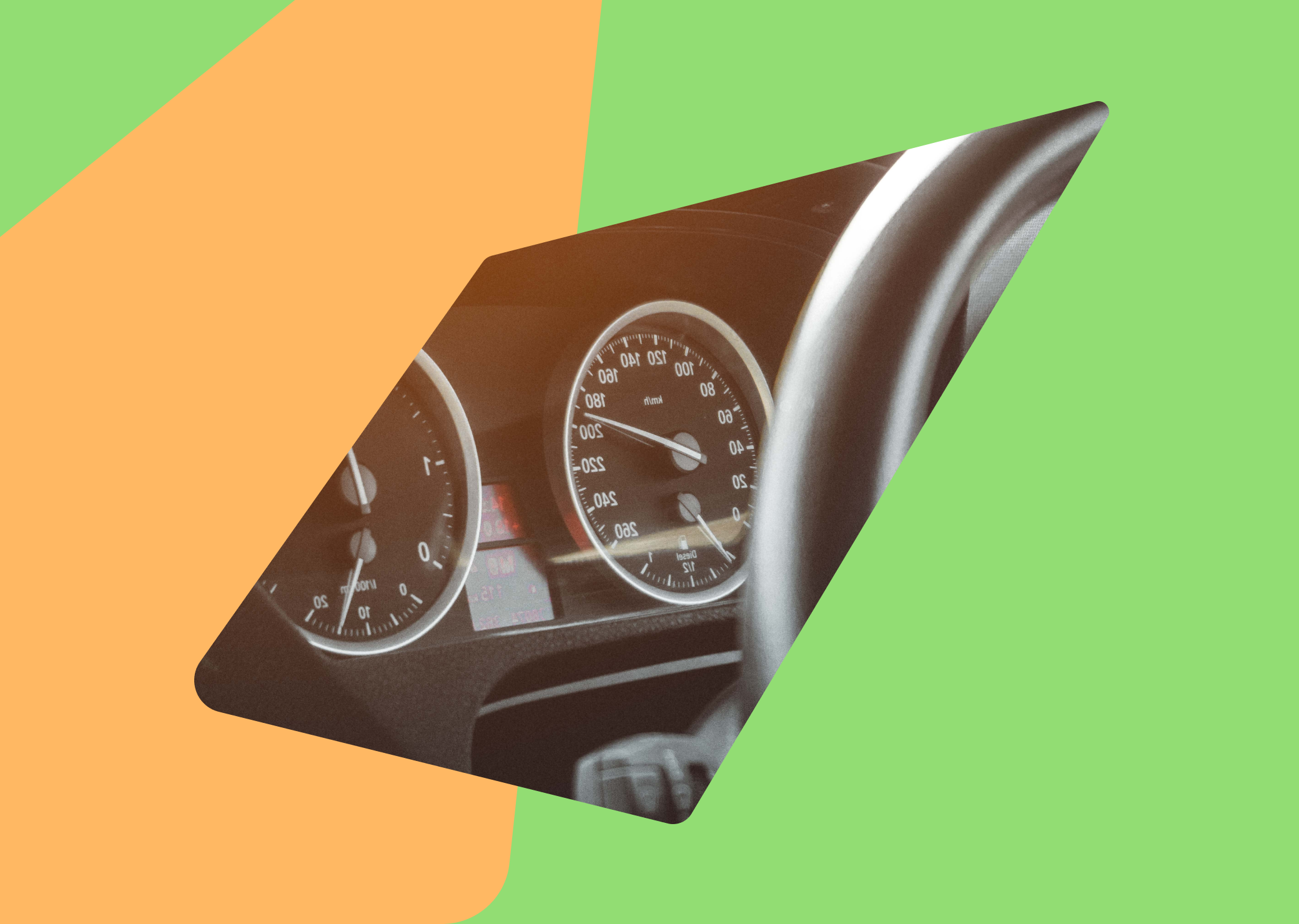- Carmoola
- Blog
- Tips and Advice
- How to Find the Registered Keeper of a Car
- 🗞 Tips and Advice
- Last updated: Feb 17, 2022
- 5 Min Read
How to Find the Registered Keeper of a Car
Written by

Verified by


See how much you can borrow in 60 seconds
| Representative Example | |
|---|---|
| Loan amount | £10,000 |
| Interest rate | 13.9% APR |
| 54 payments of | £246 |
| Total cost of credit | £3,284 |
| Option to purchase fee | £1 |
| Total payable | £13,285 |
When buying a car from a private seller, there are important steps you need to take to ensure that the vehicle, as well as the related paperwork are all good. One of the things to check is the registered keeper of the car. It might sound complicated but it’s actually quite a straightforward process.
Why Find the Registered Keeper of a Car?
There are a number of reasons why a person might need to know who the registered keeper of a car is. For example, if a car is suspected to be abandoned or was involved in an accident, the authorities would want to know this information.
For a buyer of a secondhand vehicle, it’s crucial to know the car’s registered keeper, especially if the one selling the car claims that the V5 logbook was lost or missing. If this is your situation, it is recommended that you don’t proceed with the sale because it might turn out to be a stolen vehicle.
How to Know the Car’s Registered Keeper
There are several forms to choose from if you want to make a request to find out who is the car’s registered keeper. You may get the following forms from the DVLA:
- V888 - you will need this form if you’re making a request as an individual only
- V888/3 - companies that issue parking and trespass notices need this particular form
- V888/2A - this form is for other companies that need the name and address of the registered keeper of a car
- V888/2B - to know the insurance details of a car or other information about it, an organisation or company will need this form
How to Change the Car’s Registered Keeper
If you’re wondering about how you can change the registered keeper of a vehicle, you need to transfer the V5C certificate to the new keeper. It’s solid proof that the ownership of the vehicle has been transferred. Also, don’t forget to inform the DVLA.
For cars sold through a used car dealership, they will be the ones to inform the DVLA about this change in ownership. Expect to receive a confirmation of the changes in four weeks.
Registered Keeper vs. Owner of a Vehicle
Usually, the registered keeper of the car and the owner are the same person or organisation. However, there are instances when this is not the case. Let’s find out what’s the difference between the two.
Registered Keeper of a Car
The keeper is the person who literally keeps the car and drives it on a regular basis. This person is also the one whose name appears on the vehicle’s V5C logbook. Notice that the logbook states that “This document is not proof of ownership.” It’s because the keeper and the owner might not always be the same person or organisation.
When it comes to taxes, the keeper is the one responsible for paying them. This also includes taking the car to the annual MOT as well as getting it insured. If the car is involved in any accidents and violations, the keeper will be the one that the authorities will contact.
Ownership of a Vehicle
The best example where the keeper and owner are not the same is with company cars. The owner of a vehicle is the one who bought the car. It is the responsibility of the owner to ensure that the keeper has the right insurance coverage before driving the vehicle.
If you are an owner and there is a different keeper, the car’s registration documents should reflect this, otherwise, you might be liable for the violations involving that vehicle such as speeding tickets.
A proof of ownership of a car is the invoice or receipt from the private seller or car dealership. If your bought the car from a private seller, ask for a written agreement that states the amount you paid, method of payment, and also, don’t forget the date of the sale.
How to Change the Owner of a Vehicle
When selling a car, the buyer receives a receipt as proof that the transaction was made and that they are the new owner of the vehicle. The receipt or written agreement needs to include the make, model, registration number, colour, and VIN of the car. This document will be the proof that the buyer is now the legal owner of the vehicle.
Takeaway
Whenever you plan on buying a car from a private seller, make sure that they are the legal owner and not just the keeper of the vehicle. Always remember that the V5C logbook or certificate is not proof of ownership of the car. Ask for the owner’s receipt when they purchased the vehicle to check that they are truly the legal owners.
If you don’t feel convinced or confident about the transaction, it’s best not to push through with it. Shop around for a good and safe deal and always do the necessary checks on the vehicle and the documents relating to it.
See how much you can borrow in 60 seconds
| Representative Example | |
|---|---|
| Loan amount | £10,000 |
| Interest rate | 13.9% APR |
| 54 payments of | £246 |
| Total cost of credit | £3,284 |
| Option to purchase fee | £1 |
| Total payable | £13,285 |
Related articles
What to Do If Your Car on Finance Is Broken Beyond Repair
Your car’s dead, the repair bill’s sky-high, or insurance has called it a write-off. But the finance payments? Still ticking...
What Are the Top 5 Used Car Websites in the UK?
Thanks to the internet, searching for a used car in the UK is easier than ever before. You can simply head online, visit a used...
What Is GMFV in PCP Car Finance? Guaranteed Minimum Future Value Explained
GMFV, or Guaranteed Minimum Future Value, is the amount your lender estimates your car will be worth at the end of your PCP...

.webp?width=832&height=592&name=customer-support%20(1).webp)










.webp?width=400&height=285&name=online-shoppers-with-dog%20(1).webp)


.jpg?width=500&height=356&name=Vintage%20car%20going%20to%20an%20old%20town-1%20(1).jpg)





